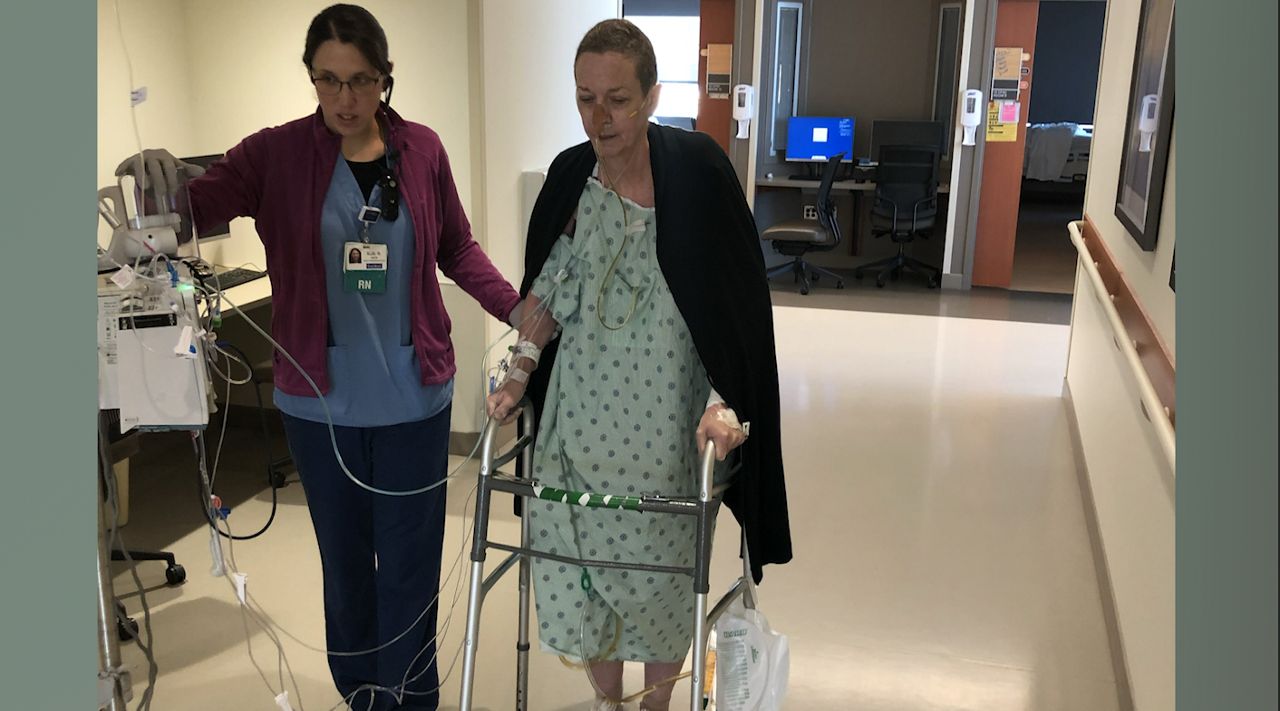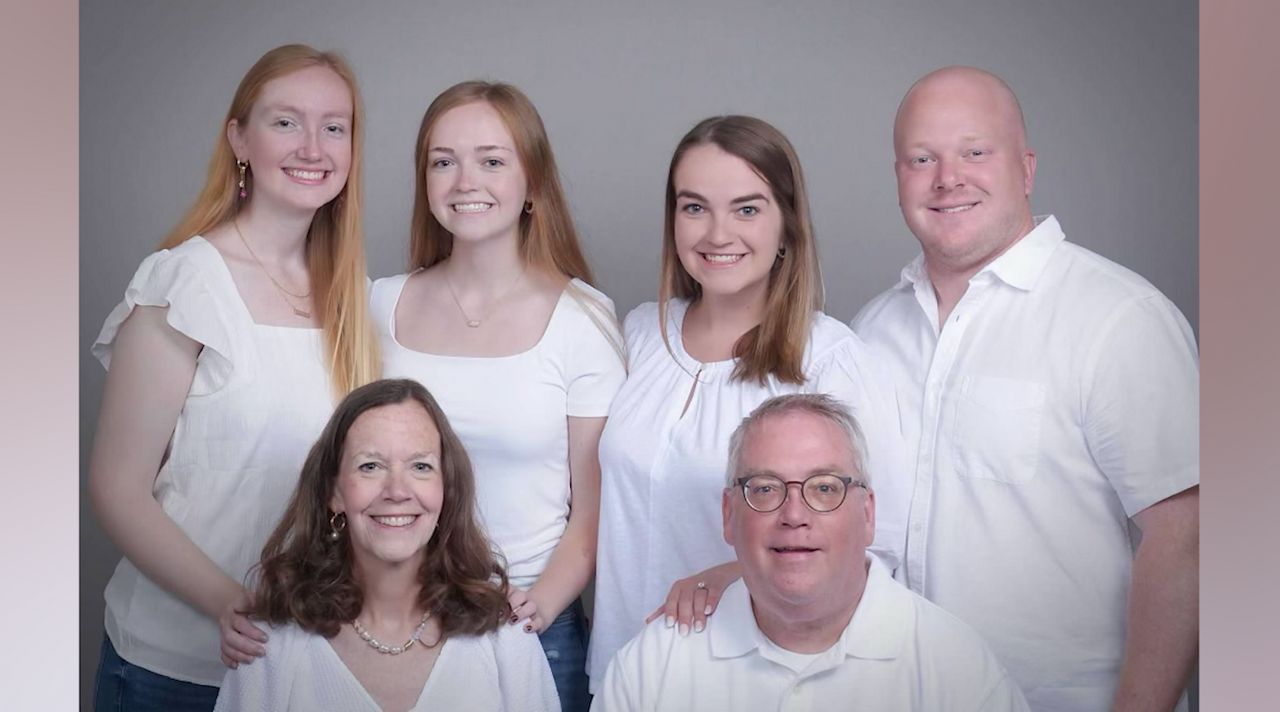WAUWATOSA, Wis.— Rates of pancreatic cancer are rising faster among younger women when compared to men of the same age, according to a large-scale nationwide study by Cedars-Sinai Cancer Research last year.
Pancreatic cancer is not a common cancer. However, Dr. William Hall, a professor of Radiation Oncology at the Medical College of Wisconsin (MCW), said it’s one of the most fatal.
“It is important to know that it is one of the most lethal cancers,” Hall said. “So, a very experienced team that deals with pancreatic cancer frequently as part of their clinical practice, I think makes a huge difference.”
Froedtert and MCW specializes in care for pancreatic cancer. In fact, its team has achieved one of the highest survival rates in the country.
MCW said 30% of people treated for pancreatic cancer at its facilities survive. According to American Cancer Society, patients with pancreatic cancer have an overall survival rate of 13%.
Connie McCance is one of those success stories. She recently hit the five-year cancer-free mark, after being diagnosed with pancreatic cancer at 52-years-old.

McCance said she started having gastrointestinal issues like consistent burping without relief and extreme fatigue. She said she had to advocate for herself before receiving a diagnosis.
When she found out MCW specialized in this type of care, she said she knew she wanted to be treated there.
“At the beginning, it was an emotional, terrifying journey,” McCance said. “It just brings tears to my eyes when I think about it. Five years ago, it was a traumatic diagnosis and to be here five years later is amazing.”
Hall said seeing McCance’s recovery shows the importance of a collaborative and innovative approach to treatment. She went through rounds of chemo and radiation before surgery and again after.
Hall said many times doctors will opt for surgery first, but he said he has found better outcomes when it is not the first route for treatment.
“It’s so inspiring to see her doing well, and it’s so inspiring to hear her story,” he said. “Because stories like that are wonderful for patients to hear.”

McCance said she has new hope for her future and the chance to celebrate many more precious milestones with her family. This spring, her daughter is getting married.
“It makes my heart full,” she said. “Five-and-a-half years ago, I didn’t think I was going to see these moments in my kids’ lives. Here I am, helping my daughter plan her wedding and being able to bring a son-in-law into our family.”
She said she hopes more women take the time to educate themselves on the signs and symptoms of pancreatic cancer and advocate for care.
McCance and the Medical College of Wisconsin give credit to the Seena Magowitz Pancreatic Cancer Foundation which has provided many of the funds that make possible research and treatment for pancreatic cancer.



